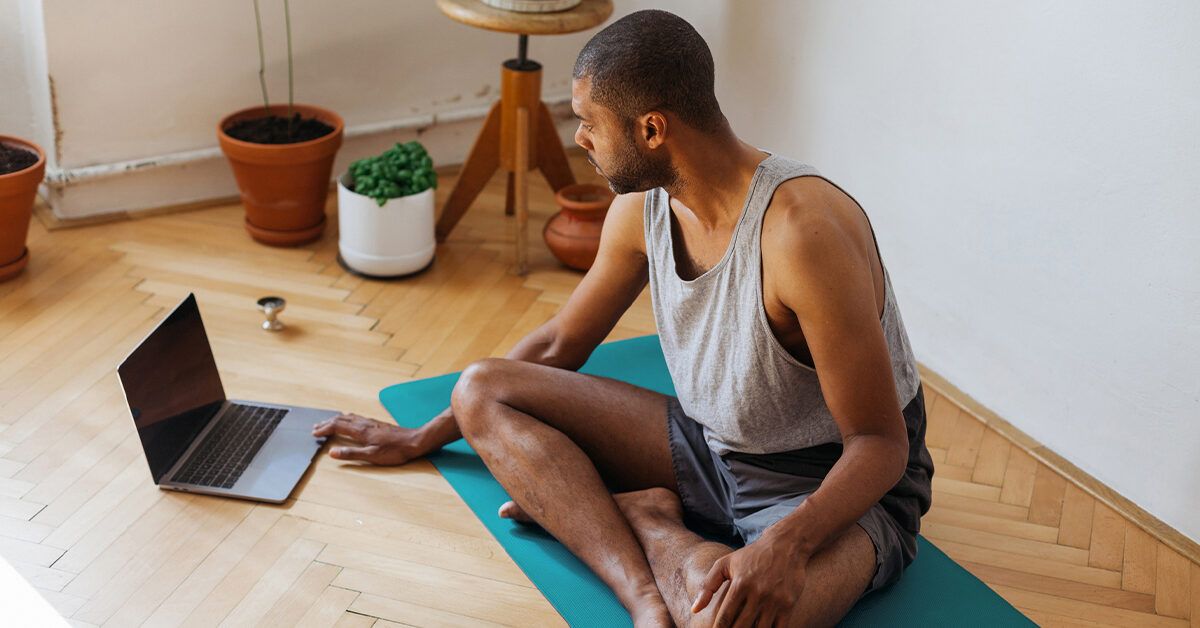Relaxation Techniques for Stressful Situations
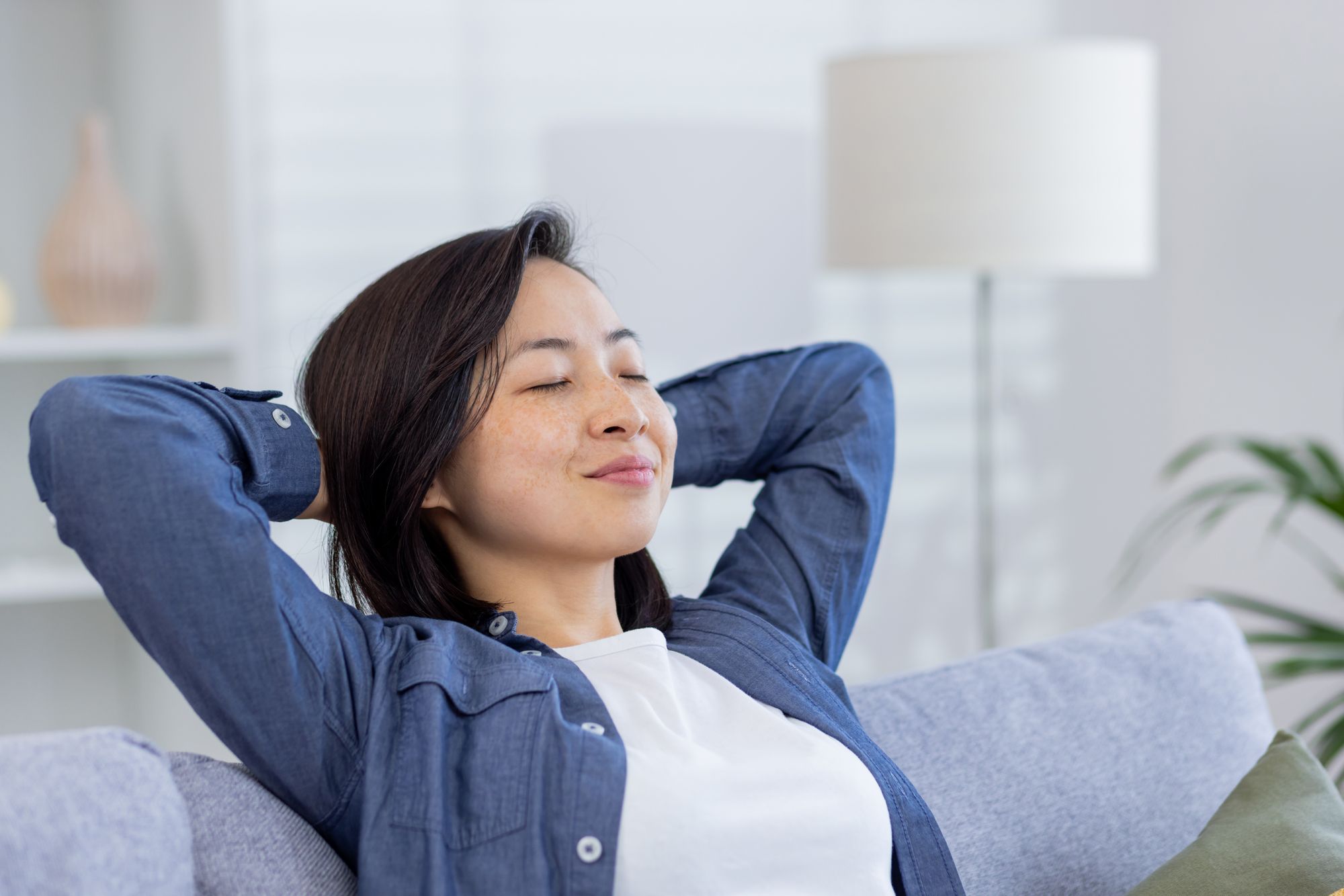
In the fast-paced world we live in, stress has become a common denominator in everyone's life. However, it's not the presence of stress that defines our life quality, but how we choose to manage it. Adopting effective relaxation techniques can significantly enhance our well-being by helping us navigate through stressful situations with greater ease. Here's a closer look at some scientifically supported methods to help you relax and maintain your composure.
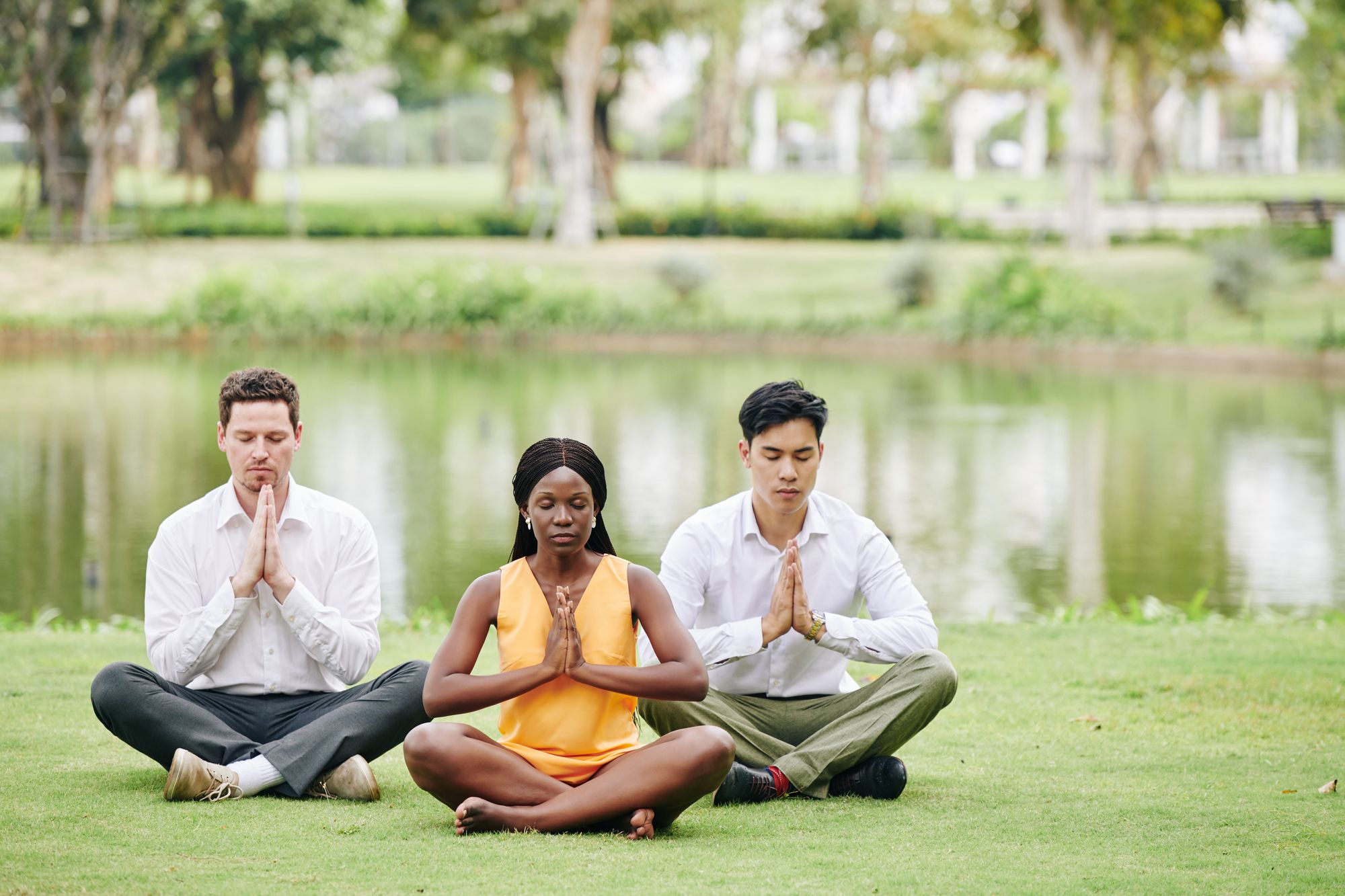
Meditation
Meditation offers a refuge from the constant barrage of thoughts that can lead to stress. By focusing the mind and temporarily setting aside those jumbled thoughts, meditation can foster a state of deep relaxation and mental clarity. Healthline highlights meditation's benefits in reducing stress, controlling anxiety, promoting emotional health, and enhancing self-awareness. The Mayo Clinic further supports meditation, offering a beginner's guide to harnessing its calming effects.
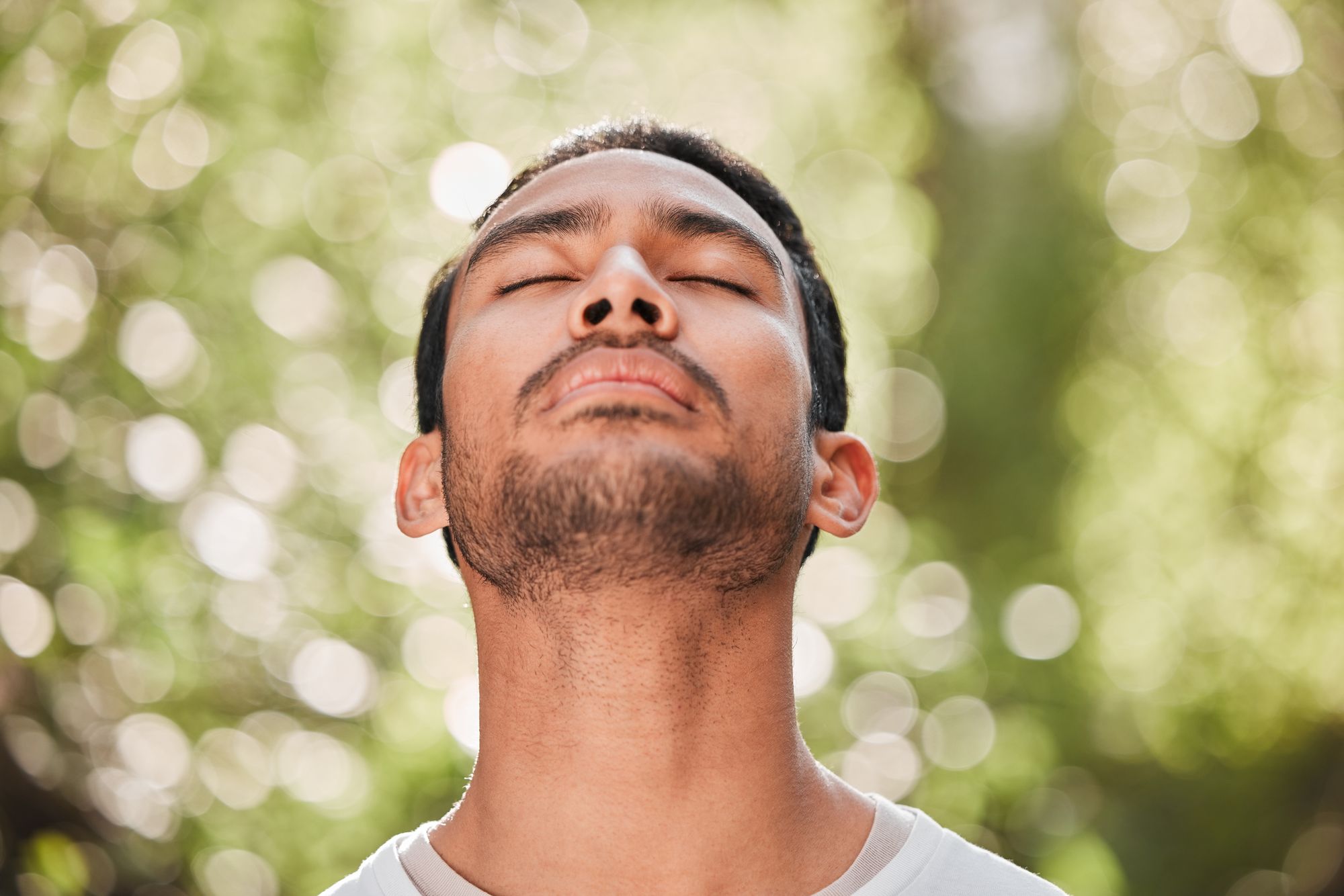
Deep Breathing
One of the most straightforward yet profoundly impactful techniques to combat stress is deep breathing. This method involves taking slow, deep breaths to activate the body's natural relaxation response. The Mayo Clinic underscores the effectiveness of deep breathing in lowering stress levels, while Harvard Health points out its benefits in reducing the heartbeat and stabilizing blood pressure. These physiological changes are instrumental in creating a sense of calm.
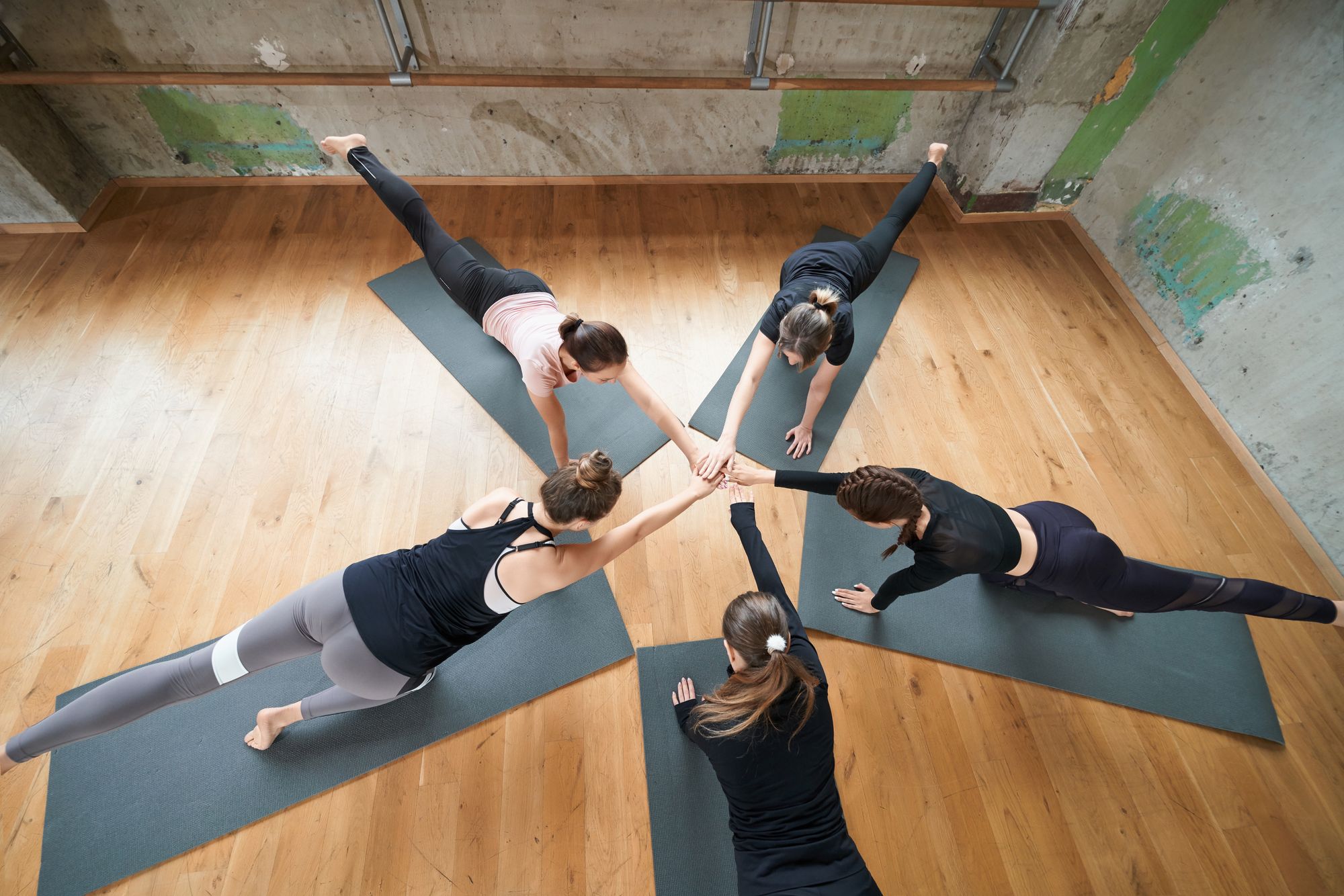
Yoga
Yoga is a comprehensive approach that merges physical postures, breathing exercises, and meditation to foster relaxation. It's demonstrated that even short, 7-minute yoga sessions can significantly alleviate stress, as shown in a YouTube guide. Moreover, yoga's effectiveness in managing anxiety and stress is well-documented, offering a practical solution for those seeking relief.
Progressive Muscle Relaxation
This technique involves a two-step process: tensing and then relaxing different muscle groups throughout the body. According to WebMD, this practice can facilitate physical and mental relaxation, making it a powerful tool against stress. By focusing on the contrast between tension and relaxation, individuals can achieve a deeper sense of calm.
Visualization
Visualization or guided imagery encourages forming mental images of a peaceful and calming place or situation. Healthline suggests that incorporating imagery with focus words or phrases during breathing exercises can deepen the relaxation experience, providing a mental escape from stress.
Conclusion
In conclusion, integrating these relaxation techniques into your daily life can offer a powerful means to manage stress more effectively. Whether you find solace in deep breathing, meditation, yoga, or another method, dedicating time to relax is essential for preserving mental and physical health amidst life's inevitable challenges.

One Habit at a Time
Practicing one to a couple of lifestyle habits daily is an excellent start to preventing future chronic diseases. Allow yourself to live life to experience new adventures. Be patient and take it one practice at a time, whether eating healthy and less, daily exercise, quitting bad habits, getting a routine checkup, or being positive. Remember that it's never too late to start making positive changes that will benefit you in the long run.. Take a chance today because Longevity Is Up to you.
Source:



